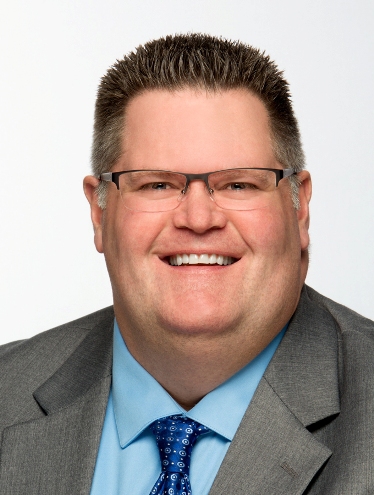We Explain Washington State Car Accident Claims in Bad Weather
If you’re involved in a collision with another vehicle during adverse weather conditions, it can be easy to blame the weather instead of the other driver, especially if the roads were hazardous at the time of the crash. But as any car accident attorney will tell you, reasons for the collision are often more complicated than they seem, and the cause might not reveal itself until the evidence is examined.
Here’s the bottom line: regardless of weather or road conditions, all motorists have a responsibility under the law to drive safely. At Max Meyers Law, our team thoroughly investigates each case to help determine fault in a car accident during bad weather. If a motorist drives recklessly for the conditions, they may be liable for damages. Let’s take a closer look.
Hazardous Weather Conditions That Can Cause Crashes 
Several weather events affect roadways' safety, and certain situations create different types of hazardous conditions.
Snow and Ice
As almost every Washington State driver knows, snow and ice can create deadly road conditions. Braking and stopping safely takes longer when surfaces are slick, and sliding and spin-outs are common. Blowing snow also greatly limits visibility.
Rain and Flooding
Rain, like snow and ice, lengthens stopping times and limits visibility. Additionally, standing water, puddles, and flooding lead to hydroplaning, an extremely dangerous out-of-control slide on water that can cause serious accidents.
Fog
Fog reduces visibility down to almost zero, making it impossible to see more than a few feet ahead of you on the road—and using your regular headlights doesn’t help. Motorists struggling with foggy conditions are one of the top causes of chain reaction crashes involving dozens of vehicles.
Wind
Many drivers don’t consider wind a dangerous weather condition, but it’s an invisible hazard, whether you’re on the North Cascades Highway, Highway 101, or any of the state’s other scenic roadways. Strong winds can cause vehicles to lose control or—for taller vehicles, like commercial tractor-trailers—tip over.
Who’s at Fault for Car Accidents During Bad Weather?
It’s often simplistic to say that bad weather caused a car collision. Why? Because drivers have a duty to adjust their speed, driving distance, and overall care in poor conditions. In other words, if you were struck by another motorist in adverse weather conditions, you have to ask: even if they were driving the speed limit, were they reckless for the conditions? This might mean they were traveling too fast on ice, not using their lights in the rain, or following too closely in the fog.
It’s also important to realize that even in bad weather, motorists can cause an accident due to other common types of negligence, including:
- Distracted driving
- Fatigued driving or falling asleep at the wheel
- Driving under the influence of drugs or alcohol
- Not obeying traffic laws
Other Parties Could Be at Fault, Too
It’s not just a motorist who could be found responsible for your bad weather car accident. Other parties are considered liable in many circumstances. For example, a semi could tip over in high winds because the trucking company packed cargo irresponsibly, causing it to be top-heavy. Or a municipality might have neglected to clearly label an intersection, leading to a history of dangerous collisions. Perhaps a commercial operator wasn’t properly trained to drive their vehicle, causing a crash in the snow. Maybe a car had a set of faulty windshield wipers that didn’t properly work in a rainstorm, making it impossible for the driver to see.
Some of these causes can be absolutely hidden at the time of the crash and require investigation to uncover.
How Our Kirkland and Bothell Car Accident Law Offices Can Help
Because car accident claims and litigation can be complicated—and even more so if weather is a factor—a WA injury attorney can help you through every step of the case. Our team at Max Meyers Law will investigate the case, gathering evidence, finding the causes, and getting to the bottom of who was at fault. Then, we’ll present an argument for your case, negotiate with insurers, protect your rights in court, and ensure you have as much opportunity to get the compensation you deserve.


